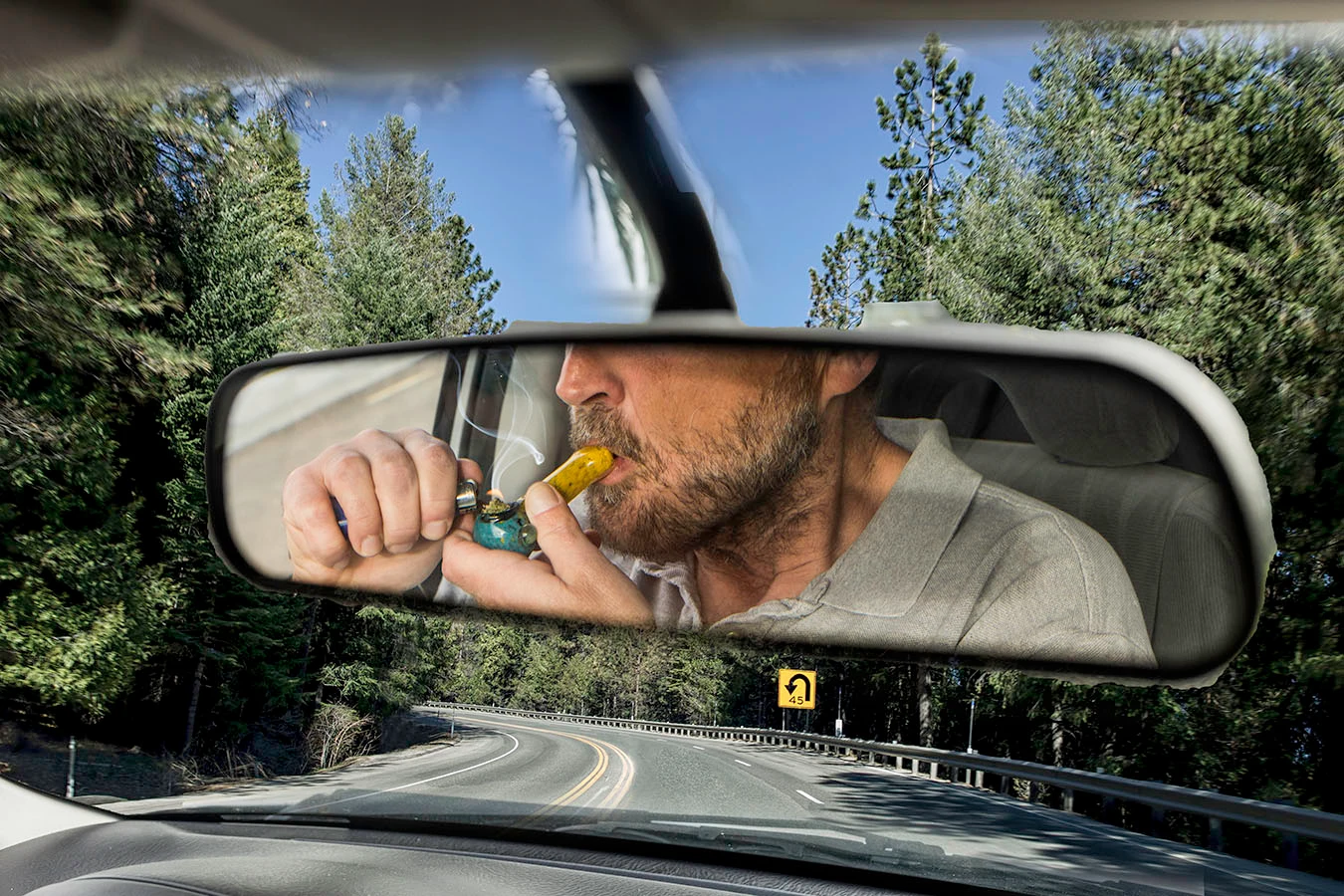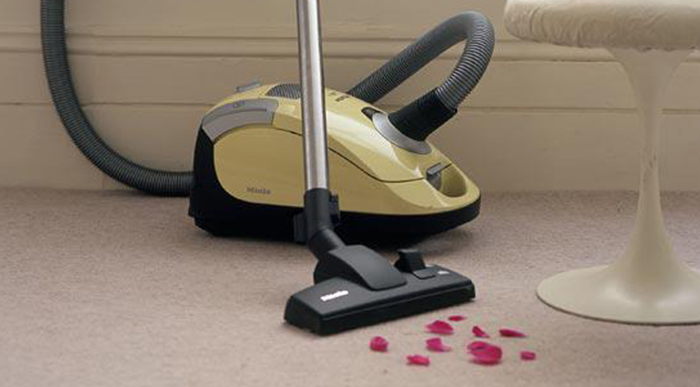Image via
The Mongomery County Police Department in Maryland is preparing for a potential spike in impaired drivers on their roads by hosting a smoke-out — for training purposes. Cops pick up participants in a cop car and bring them to the station, where a hotboxing tent is set up and “Cheetos, pizza, and water” are on the house, according to the Washington Post.
The purpose of this police-endorsed sesh is to help cops determine if someone is too stoned to drive. “Participants are then used as test subjects for officers trying to determine whether someone is too high to drive,” WaPo reports. That’s not easy. Unlike people who drive drunk, and whose impairment can be quantified by breathalyzers and blood-alcohol tests, it’s more difficult to discern with pot.”
After spending 30 minutes getting stoned, the test subject participated in impairment evaluations inside the building. Then, participants went back to the consumption tent to get even higher. During this second smoke sesh, cops asked if any volunteers wanted to add alcohol to the mix.
“Who wants a Bud Light?” asked Lt. John O’Brien, leaning over a cooler, the Post reports. Then he grabbed a large bottle of booze: “Captain Morgan?”
The legalization of cannabis has thrown cops for a loop due to the inability to prove someone is high at the time of getting pulled over. In fact, cops have been playing catch up trying to figure out how to address this issue as states continue to reform their cannabis laws. The event at the Montgomery Police Station is essentially a way for cops to study in detail how people act and behave while stoned to help them determine how to spot it in the future.
The Montgomery Police Station isn’t the only one hosting an event like this. This exercise is becoming increasingly popular at police agencies nationwide, the Post reports, though it’s unclear which other law enforcement agencies host such events.
Currently, roadside screening devices or “oral fluid” tests aren’t admissible in most courts due to the inaccuracy of determining if someone is high at that exact moment, the way an alcohol breathalyzer can. These tests only determine that THC is present in the body.
In Virginia, however, officials are considering “changing state law to allow roadside screening devices in which officers and deputies can have a driver swab his or her cheek in order to gather saliva to test for marijuana and other drugs,” the Virginian Pilot reported in December.
The oral fluid test results can’t be used as evidence against someone in a court of law, however, these tests can more or less help determine when cannabis was consumed, and can be combined with other factors to get probable cause for extensive blood testing, the Virginian Pilot reported.
Back in Maryland, law enforcement continues to work with stoners to figure out how to protect against “drugged driving.” After each sesh, cops drop off cross-faded participants back at home.











